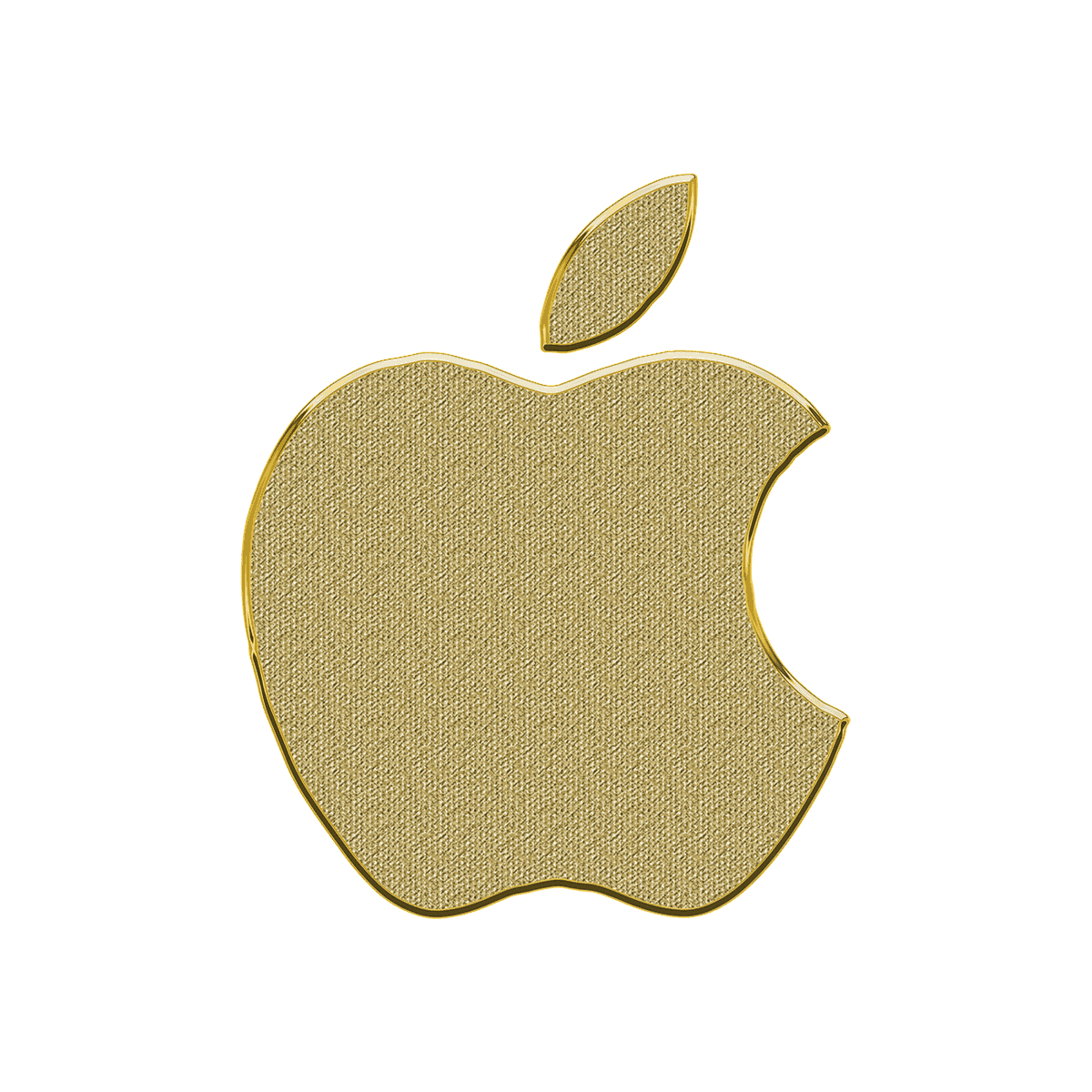The claim that Apple is a monopoly is gaining momentum. Just recently, the smartphone giant was sued by a group of developers. They claim the company’s iOS app store is a monopoly. That’s because it has banned rivals from distributing its iOS apps. Notwithstanding, Apple has done well as a company. It has a penchant for producing premium quality products, which are second to none. But these claims of them being a monopoly could bite hard on their reputation. So the big question is;
Is Apple a monopoly? Here’s what you need to know.
Looking at Apple’s market share in the mobile phone market, you will understand that the company isn’t big enough to be a monopoly. For a company to have that status, it needs to be able to dictate or influence the prices of the said products to a greater extent. Apple’s market share in the mobile phone business is only 12 percent. Nevertheless, it’s safe to say that the company’s app store is a monopoly. That’s because they have been able to knock down other competitors from the market for reasons they claim are the best for iOS device users.
Read further to get more information about this topic.
Apple And Its Monopoly Status: What’s A Monopoly?
Before we discuss further on Apple assuming a monopoly status, let’s define what being a monopoly is. This definition will enable us to conclude whether Apple is a monopoly or not.
So what’s a monopoly? A monopoly refers to a company that stands as the only one offering a product or service. No close substitute exists in the market. That’s the definition of a monopoly.
In a monopolistic market, there’s only one player. The company is the only one offering a particular service or product. So, interested consumers can only buy such products or get the needed services from the said company.
Another thing that defines a monopolist is that they have the power to dictate prices. In other words, they can decide they want to sell their products for XYZ amount, and interested consumers would have no other option but to comply.
The company might decide to peg the price of its products at a certain amount that would cause them not to incur a loss. But if there were to be a competition, the cost of the product might reduce. And this would favor the consumers and result in a healthy economy.
So, monopoly eliminates competition. It is also not the best option for a country interested in building a healthy economy. That’s why it is discouraged in most countries.
How Do Monopolies Originate?
You might be wondering how monopolists do get their status. Here’s the thing; companies that become monopolists set barriers that make it difficult or impossible for other companies to gain access to the same market.
The reason they create this barrier is to prevent competition. These monopolists know that offering other companies a chance to enter into the market will cause them to lose control over the price of their product. And that, of course, could affect their revenue drastically.
Let’s take a look at other reasons a monopoly exists.
The Government Franchise:
It’s difficult to presume that the government would be responsible for creating a monopoly, knowing that it eliminates competition and doesn’t encourage economic growth.
Notwithstanding, the government could create a monopoly. It could give a government-owned or private company the sole right to conduct businesses or offer a specific product in the said niche.
The national railways’ transport service is an example of a government-owned company that operates as a monopoly. The company may have the sole right to offer transportation services to passengers throughout the country.
In these types of cases, companies interested in entering the business needs to seek permission from the government. And even when granted, they are only allowed to offer other passenger train services, and not compete with the government-funded company that’s already in operation.
On the other hand, the government could grant a private company the right to produce and sell certain products in the market. Such monopolies could be as a result of special interests or corruption on the path of the government. Some monopolies lead to innovation. So, let’s not get it twisted.
Owning a critical resource:
We have seen companies that hoard knowledge regarding the production of a specific product. No one can force them to share the knowledge of what they know. It’s their sole right. Let’s use the production of a specific drug as an example. If company ABC knows the main ingredient to produce a drug considered acceptable for the treatment of a particular disease, then it could create a monopoly over that ingredient.
Other companies don’t know the ingredient and thus cannot produce a drug considered acceptable for the treatment of the condition. So, this case can give rise to a monopoly.
Securing a patent or copyright:
Intellectual property can be anything. It could be software, music, product, or idea that belongs to a person. The individual can approach the government and get his or her concept patented or copyrighted.
Copyright or patent grants an individual the right to produce and sell certain products in the market. The only thing of concern about these monopolies is that they are temporary. In other words, an individual can only hold on to copyright or patented product for specific periods.
An example is Amazon’s 1-Click technology, an innovation that made the company an e-commerce giant. Amazon applied for the patent in 1997 but got the approval in 1999. However, the patent expired in 2017. When a product, technology, or idea has a patent, any other company that uses it without seeking permission from the patent holder might be sued by the owner of the patent.
Characteristics Monopoly Market Structures Have
Before concluding that Apple is a monopoly, let’s take a look at the characteristics monopoly market structures possess. In other words, what are the factors that define a monopoly market? Here they are;
Competition
One of the characteristics you will observe in a monopoly market is the lack of competition. The product of the monopolist doesn’t have close competition.
Profits
Another characteristic that defines a monopolist is profit. You may think that all is rosy with such a company, but that might not be the case. In other words, a monopolist could turn out to be a revenue-maximizing or loss-generating venture.
Fixing prices
When you are the sole owner of a product, you might be forced to fix the price you want. That’s the case with monopolists. They are price makers because they believe their products don’t have a close substitute.
No substitute
Apple has been in this position before, particularly in the tablet market. The company was the only producer of the iPad, a product that was a must-have for many. The thing is products that lack substitutes are always very unique. And that’s the case with Apple’s iPad.
Single seller
A monopolist handles the responsibility of producing the entire output for specific service or good. The whole market receives products or services from that single firm.
Barriers to market entry or exit
A monopoly protects the market for that specific good or service. Such a firm can set barriers that would make it difficult for other companies to enter the market. The reason is to eliminate competition and become the sole distributor of the said product.
These barriers can be created via various means, such as resource ownership, copyrights, and patents, a decrease in average total cost, higher start-up cost, government franchise, or license.
Let’s take Feet-First Pharmaceutical as an example. The company does have a few of the barriers mentioned above favoring it. Amblathan-Plus is the company’s product to which it holds an exclusive patent. The government has made it known that only Feet-First Pharmaceutical is allowed to produce and sell the drug.
Feet-First Pharmaceutical also faces a barrier to leave the market. Because it’s product is highly beneficial for public health, the government could block every move the company makes to stop producing the drug.
How Monopoly Derives Its Power
A monopoly generates power to control the market through various means. These include;
- Legal barriers
- Economies of scale
- Capital requirements
- Lack of substitute goods
- Technological superiority
- Network externalities
- Deliberate actions
- Natural resources control
Conclusion
Is Apple a monopoly? That’s the question. In terms of market share for mobile business, Apple doesn’t have the power to monopolize the market. But when you consider the iOS App store, the company calls the shot. No other company is competing with them for the distribution of iOS apps. In short, they have banned all rivals, a move which is starting to anger most developers who have their apps in the Apple app store.
You May Like These Articles As Well:





















